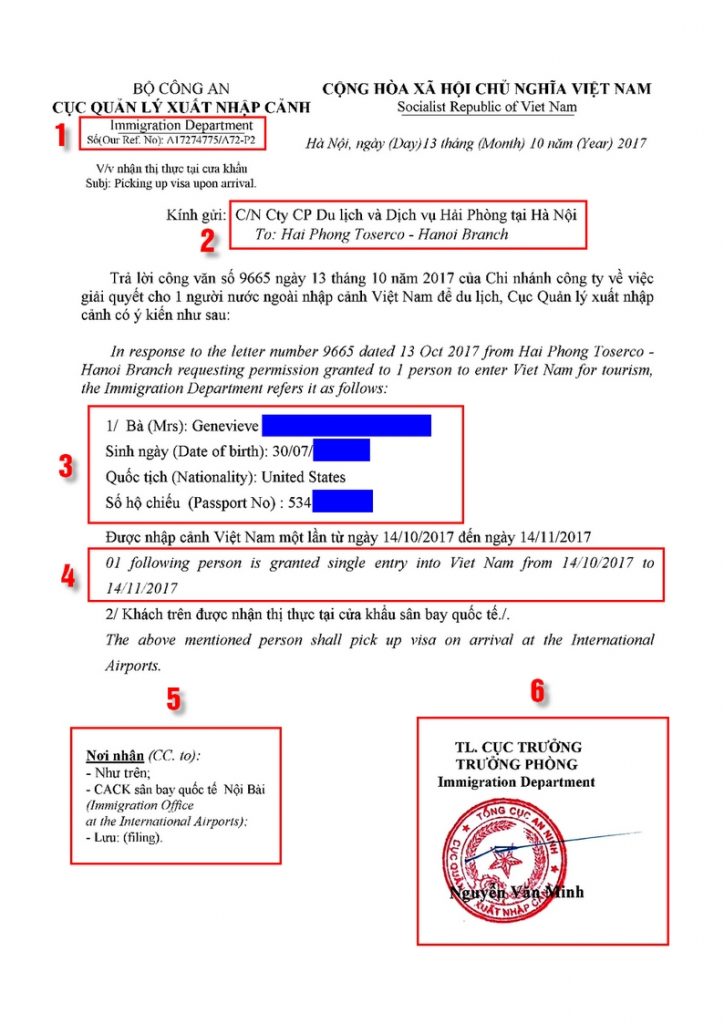Essay on Brown V. Board of Education (1954) - 1723 Words.
Brown v. Board of Education of Topeka, Kansas was a milestone in American history, as it began the long process of racial integration, starting with schools. Segregated schools were not equal in quality, so African-American families spearheaded the fight for equality.
Brown V. Board of Education (1954) Essay The landmark unanimous ruling in Brown v. Board of Education overturned the “separate but equal” precedent established in Plessy v.

Brown v Board of Education: 1954 In 1954 the Supreme Court justices made a ruling on what I believe to be one of the most important cases within American history, Brown v Board of Education. There were nine Justices serving in the case of Brown v Board of Education this was the court of 1953-1954.

Brown v Board of Education: 1954 In 1954 the Supreme Court justices made a ruling on what I believe to be one of the most important cases within American history, Brown v Board of Education. There were nine Justices serving in the case of Brown v Board of Education this was the court of 1953- 1954.

In 1954, the Supreme Court of the United States was confronted with the controversial Brown v. Board of Education case that challenged segregation in public education.
The Brown v. Board of Education did change the nation quite a bit and it changed the nature of race relations in America. Many supporters and leaders of the civil right movement, including the future civil rights leader Martin Luther King, praised the promise contained within Brown.

The Supreme Court case of Brown v. Board of Education dates back to 1954, the case was centered on the Fourteenth Amendment and challenged the segregation of schools solely on the basis of race.

The case between Brown and the Board of Education (Brown v. Board of Education 1954) is usually considered a landmark ruling in the United States since the Supreme Court declared the law allowing separate schools for blacks unconstitutional. In a previous ruling involving Plessy and Ferguson (Plessy v.

SEPARATE IS NOT EQUAL: Brown v. the Board of Education of Topeka, Kansas By Alonzo N. Smith, project co-curator Project Essay 1. Introduction The Supreme Court’s decision of May 17, 1954, marked a watershed in the history of race relations in the United States. On the one side lay official sanction for a.

Brown vs. The Board of Education of Topeka 1954 and other kinds of academic papers in our essays database at Many Essays.

The importance of the Brown v Board of Education of Topeka case, Kansas, 1954 Linda Brown (centre) sits at the back of a bus on her way to Monroe Elementary School Linda Brown was a seven year old.
LongS16Jespersen_files/image138.jpg)
Brown v. Board of Education of Topeka, Kansas, decided on May 17, 1954, was one of the most important cases in the history of the U.S. Supreme Court. Linda Brown had been denied admission to an elementary school in Topeka because she was black. Brought together under the Brown designation w.

The significance of Brown v. Board of Education of Topeka. Introduction The class action Brown v. Board of Education is recognized as one of the greatest decision in the twentieth century by the Supreme Court.



